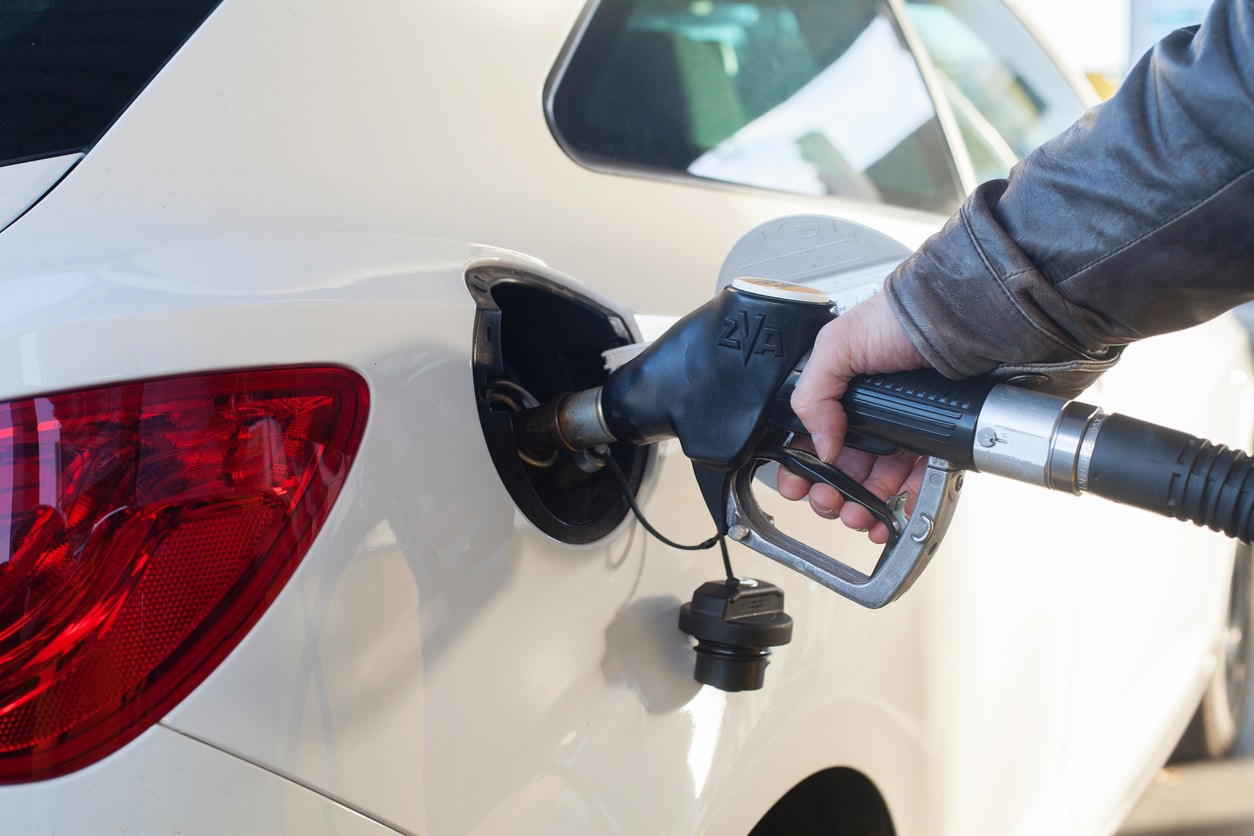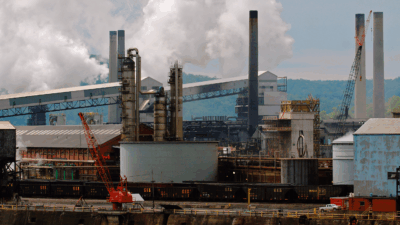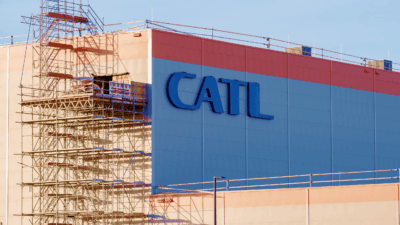
Sign up for smart news, insights, and analysis on the biggest financial stories of the day.
When noted legal scholar and avid Silicon Valley critic Lina Khan was appointed chair of the Federal Trade Commission earlier this year, observers expected her to strike swiftly at Big Tech.
So when the new chair revealed Monday that the FTC would be putting America’s gas stations under the microscope, the news turned a few heads. Khan confirmed her agency will investigate mergers of roadside filling stations to determine whether they’ve engaged in anti-competitive behavior that’s driving up the cost of gas for consumers.
The (Supposed) Problem With Prices
Gas prices, if you haven’t noticed, have been unkind to drivers this year. After starting at $2.24 per gallon in January, prices at the pump have risen to $3.15 as of Monday. Earlier this month, the White House called on the FTC to investigate, claiming a “divergence” between the price of oil and what people are paying at gas stations. And there is some evidence to support that suspicion:
- The Labor Department said earlier this month that gas prices have climbed way more than broader energy prices in the last year, with gasoline up 42% and overall energy up only 24%.
- Khan, in a letter to the White House, said the FTC’s lax approach to gas station mergers in recent years has “enabled” significant consolidation and created “conditions ripe for price coordination and other collusive practices.”
While major chains like Speedway, 7-Eleven, and Circle K have all scooped up large shares of the retail gas market through franchising and acquisitions, some analysts say the real reason for rising prices at the pump is an unfavorable combination of higher labor costs, driver shortages, and refinery closures.
“I wouldn’t want to say this was about PR, but I don’t think the investigations are going to reveal much,” Tom Kloza, head of energy analysis at the Oil Price Information Service, told The Hill.
Unfazed: Over the weekend, Hurricane Ida’s surge into the Gulf of Mexico brought refineries responsible for 2.1 million barrels of oil production a day (12% of America’s capacity) to either a standstill or slowdown. But the price of Brent crude fell 26 cents Monday to $72.44 in anticipation of a swift supply recovery.











